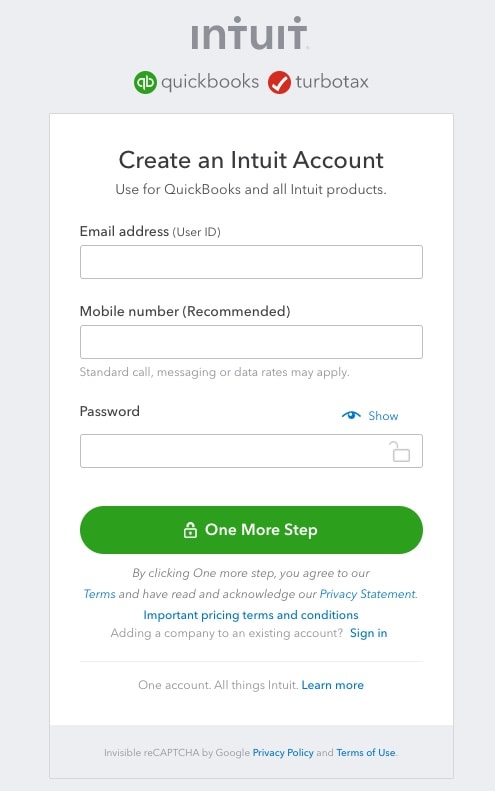Turn on suggestions
Auto-suggest helps you quickly narrow down your search results by suggesting possible matches as you type.
Showing results for
Solved! Go to Solution.
Hello Emily72
We would recommend in the case of hire purchase to consult with an accountant on how best to record this.We welcome any posts in the Community from other users who have accounted for the same thing,but still check your accountant is happy with how it is recorded
Emma
Hi Emily72.
You really should be asking your accountant - this isn't the place to get advice that, if wrong, could leave you in a hole with the powers-that-be.
That being said, if it were me, I would make sure I had the invoice entered as fixed asset then you could go one of two ways depending on how the Finance Charge is to be considered.
(1) if the Finance Charge is an upfront charge, you can enter it on the invoice (No VAT, I guess) as Interest or similar. You can then just pay off €548 each month via Pay Bills.
(2) if the Finance Charge is ongoing interest - to be considered month-by-month - you can enter it as a separate (notional) bill each month & pay both together via Pay Bills.
or, (3) you can enter each payment as a Cheque with €24,500/48 = €510.42 going to Accounts Payable (Creditors) & €1804/48 = €37.58 to Interest.
(obviously, you will have to round up/down every few months to account for the rounding error)
When you go to Pay Bills, the €510 part of these Cheques will show up as Credits which you can mark off against the original €24,500 invoice.
Hello Emily72
We would recommend in the case of hire purchase to consult with an accountant on how best to record this.We welcome any posts in the Community from other users who have accounted for the same thing,but still check your accountant is happy with how it is recorded
Emma

You have clicked a link to a site outside of the QuickBooks or ProFile Communities. By clicking "Continue", you will leave the community and be taken to that site instead.
